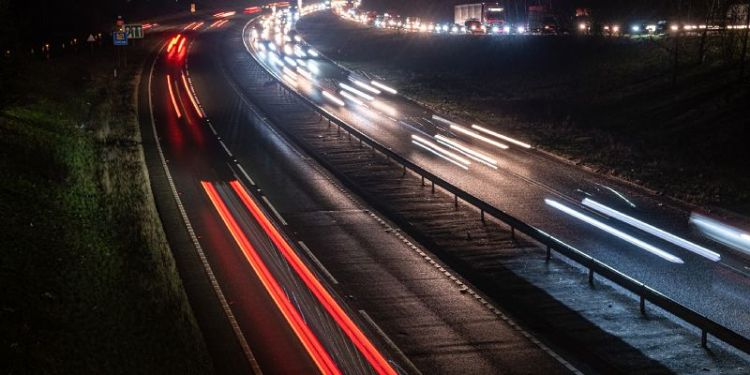Pioneering fellowship for transport safety researcher

Rafael Cirino Gonçalves, a PhD researcher in the Institute for Transport Studies, has been awarded a fellowship by transport safety company Seeing Machines.
The 18-month postdoctoral fellowship will support Rafael’s investigation of safety in self-driving cars.
Rafael said: “I am really thankful to Seeing Machines and I am so delighted that my work is recognised by industrial partners, and beyond academia.
“This fellowship is not only a great opportunity for my career development as a researcher, but also a step towards the development of safer technology in the future.”
Dr Mike Lenné, Chief Science and Innovation Officer at Seeing Machines said: “The Leeds team is a world-leading research group in the field of road safety and autonomous driving. Continuing our research partnership through this fellowship program will accelerate our ability to continue delivering technology that solves real-world problems and saves lives.”
This fellowship is not only a great opportunity for my career development as a researcher, but also a step towards the development of safer technology in the future.
Rafael’s PhD supervisor and research collaborator, Professor Natasha Merat (also Institute for Transport Studies) explained the importance of his research: “As the inclusion of more advanced technology in vehicles increases, and infotainment systems attract our interest in the car, there is concern that drivers’ attention is moved away from the roadway and the driving task, which can be detrimental for road safety.”
This safety concern will only be amplified when the development of autonomous cars gives drivers permission to engage in other activities, taking their attention further away from the road.
The partnership with Seeing Machines has allowed Rafael, Natasha and colleagues to use a range of Occupant Monitoring Systems in the University’s Driving Simulator. This technology tracks the location of drivers’ head, eyes, hands and other body parts, to understand user behaviour, helping to develop technologies that support the driver to remain safely engaged in driving.
Understanding how such systems can be used effectively, especially at higher levels of automation, and ensuring that they are accurate and inclusive for all driver types, is part of a long-term research programme at Leeds.
Natasha added: “The dedicated fellowship for Rafael shows the value of our work in this area, and I am very proud that his dedication to the research and innovative approach have resulted in this prestigious award.”




